The Human Rights Writers Association of Nigeria (HURIWA) has expressed deep concern over the transition in leadership within the Nigerian judiciary as Hon. Justice Olukayode Ariwoola, GCON, steps down as Chief Justice of Nigeria (CJN), paving the way for Hon. Justice Kudirat Motonmori Kekere-Ekun, CFR. HURIWA described Justice Ariwoola’s tenure as one of the most disappointing in the history of the nation’s judiciary, citing nepotism, alleged corruption, and a blatant disregard for the principles of fairness and justice as the defining characteristics of his leadership.
This is contained in a statement by Comrade Emmanuel Onwubiko
National Coordinator, Human Rights Writers Association of Nigeria (HURIWA)
According to HURIWA, Justice Ariwoola’s tenure left the judiciary in disarray, significantly tarnishing its credibility. One of the most troubling aspects of his time in office, HURIWA noted, was the introduction of nepotistic practices in the appointment of judges. The association highlighted the appointment of Justice Ariwoola’s brother, Adebayo Lateef Ariwoola, as the head of the audit department at the National Judicial Council (NJC), a role that directly answers to the Chief Justice, who is also the Chairman of the NJC. This situation, HURIWA argued, presents a clear conflict of interest and raises serious questions about the integrity of the NJC’s financial operations.
Beyond this, HURIWA condemned Justice Ariwoola’s involvement in securing a judicial appointment for his son, Olukayode Ariwoola Jr., as a Judge of the Federal High Court. This move, which was met with widespread public outcry, exemplifies the deeply entrenched culture of nepotism that has taken root under Justice Ariwoola’s leadership. HURIWA recalled its vehement protest against this appointment, arguing that it was a flagrant abuse of power and a violation of the merit-based system that should govern judicial appointments.
The association further noted that Justice Ariwoola’s actions have set a dangerous precedent, encouraging similar behavior among other judicial leaders. “For instance, the Chief Judge of Abuja, Justice Husseini Baba-Yusuf, following in Justice Ariwoola’s footsteps, appointed his daughter Maryam Baba-Yusuf on the bench as a judge of the Abuja High Court and allegedly included the daughters of influential politicians, former governors, and ministers among the newly appointed judges”.
HURIWA warned that the implications of these actions are dire for the Nigerian judiciary. “A federal court judge recently remarked that in Nigeria, it is nearly impossible to become a Federal High Court judge without connections to powerful individuals,” the association stated. This, according to HURIWA, underscored the extent to which corruption has polluted the judicial appointment process. The association squarely placed the blame on Justice Ariwoola, arguing that his tenure has been instrumental in eroding the credibility and integrity of Nigeria’s judiciary.
As Justice Ariwoola steps down, HURIWA sees no cause for optimism with the appointment of Hon. Justice Kudirat Motonmori Kekere-Ekun as the new Acting CJN. The Association contended that Justice Kekere-Ekun’s career is not without controversy, as she is widely remembered for delivering the judgment in the 2019 Imo State gubernatorial case, where a candidate who came fourth in the election was declared the winner. This judgment, HURIWA asserted, was one of the most controversial in the history of the Supreme Court and marked a significant turning point in the judiciary’s decline.
Furthermore, HURIWA raised concerns about Justice Kekere-Ekun’s integrity, pointing to unresolved allegations regarding her failure to declare her assets as required by law. The association stressed that despite these serious accusations, the Code of Conduct Bureau has not pursued an investigation, leaving many to question the transparency and accountability within the judiciary.
Moreover, HURIWA noted that the circumstances surrounding Justice Kekere-Ekun’s elevation to CJN suggest that she enjoys significant political backing, particularly from President Bola Ahmed Tinubu, who has a well-documented affinity for individuals from Lagos, where Justice Kekere-Ekun hails from. This political patronage, HURIWA fears, will compromise her independence as CJN, leaving little room for the much-needed reform in the judiciary.
The association suggested that with the current political dynamics, neither the presidency nor the National Assembly, which lacks the independence to challenge her appointment, is likely to oppose her becoming the substantive CJN.
In light of these developments, HURIWA holds a grim outlook for the future of Nigeria’s judiciary. The association believes that Justice Kekere-Ekun’s tenure will perpetuate the existing culture of nepotism, corruption, and politically motivated decisions that have plagued the judiciary under her predecessor. HURIWA asserted that the judiciary, as it stands, cannot deliver justice to ordinary Nigerians, as it appears to serve only the interests of the highest bidders and politically exposed persons.
HURIWA’s assessment of the situation is unequivocal: “The transition from Justice Ariwoola to Justice Kekere-Ekun does not signal a positive change. Instead, it represents a continuation of the judiciary’s decline. Without a judiciary that is independent, transparent, and committed to upholding the rule of law, HURIWA argues that Nigeria’s democracy is at risk, and the hope for justice remains an elusive dream for the common Nigerian”.
In conclusion, HURIWA stated that the current state of the judiciary, coupled with the broader political climate, suggests that the nation’s leadership is not inclined toward meaningful reform. The association reiterated its commitment to advocating for a judiciary that embodies the principles of fairness and integrity but acknowledged that this goal remains far from being realized under the present leadership.









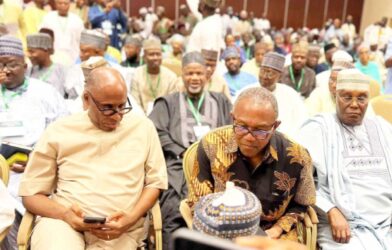

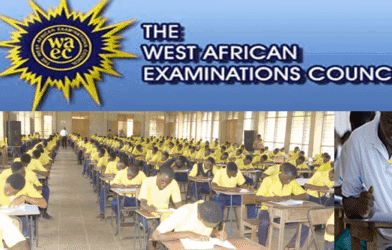
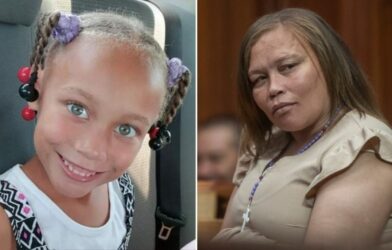
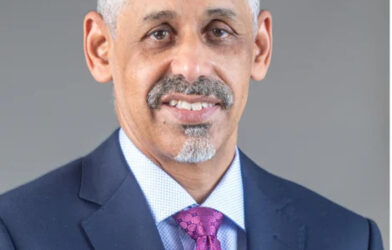
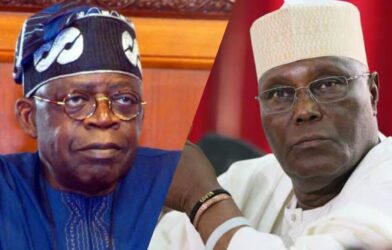
Comments are closed